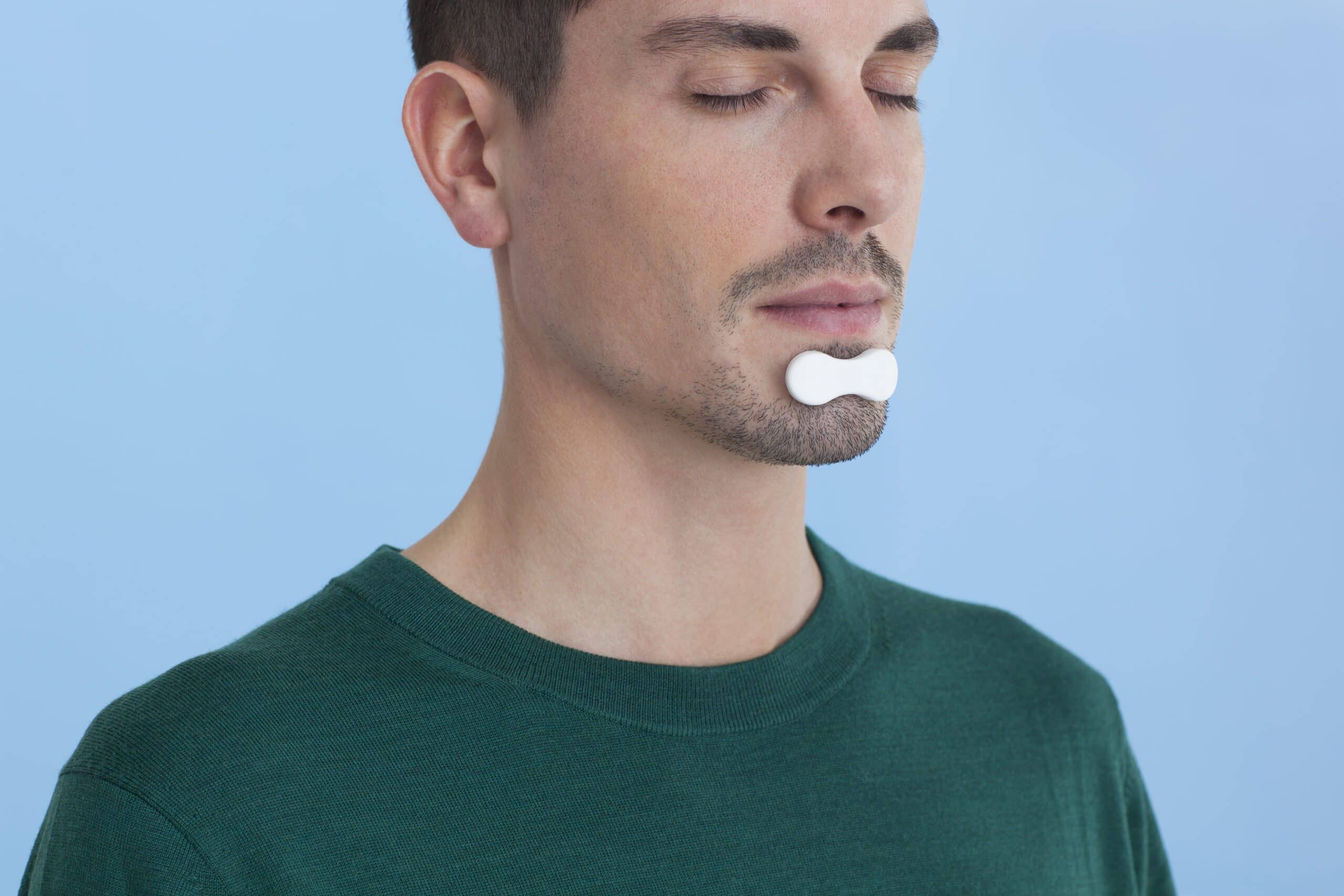While socioeconomic factors, lifestyle factors, and work stress all contribute to insomnia, negative childhood experiences also play a role, according to a new study on F1000Research.
Exposure to physical, psychological, and sexual abuse as well as bullying and family dysfunction, collectively termed “adversarial childhood experiences” (ACEs), are known to have detrimental health consequences. However, there is a paucity of research on the effects of ACEs on insomnia among workers.
In the new study, a research team at the University of Tsukuba in Japan examined whether childhood bullying and domestic violence were associated with insomnia among workers in Tsukuba City, Ibaraki Prefecture. The results indicated that 2,997 (41.8%) participants were diagnosed with insomnia using the Athens insomnia scale.
Experiences of bullying and domestic violence victimization were associated with insomnia, particularly among victims of domestic violence, and the likelihood of insomnia increased with the frequency of victimization. This trend persisted even after adjusting for the effects of demographic characteristics, occupational factors, and lifestyle.
This study suggests that childhood experiences of bullying and domestic violence are linked to insomnia among workers. This implies that it is essential for occupational health professionals, such as occupational physicians and public health nurses, to pay attention to insomnia when identifying workers with ACEs as a part of their occupational health activities.
Photo 40877307 © Tom Wang | Dreamstime.com









































